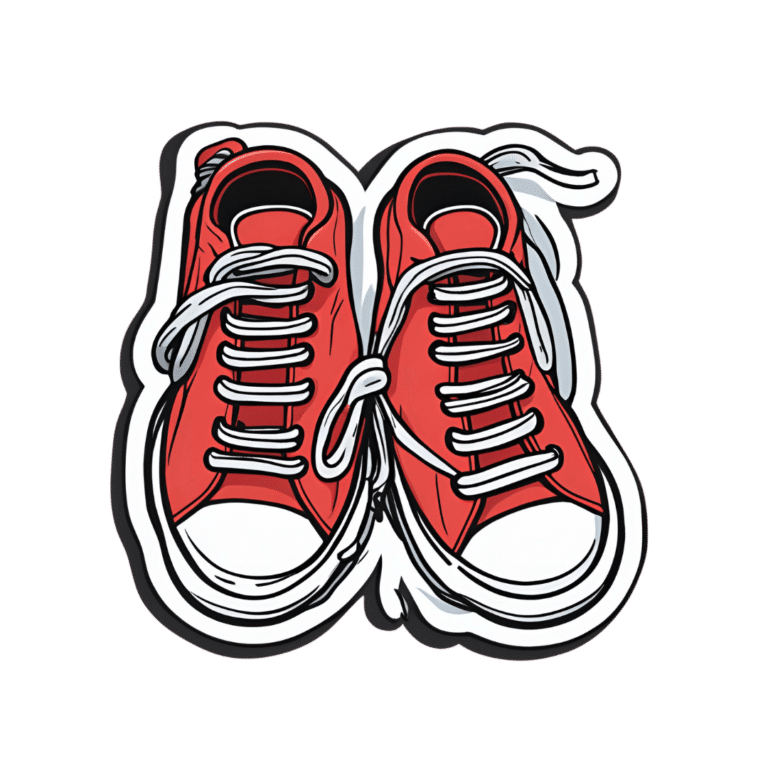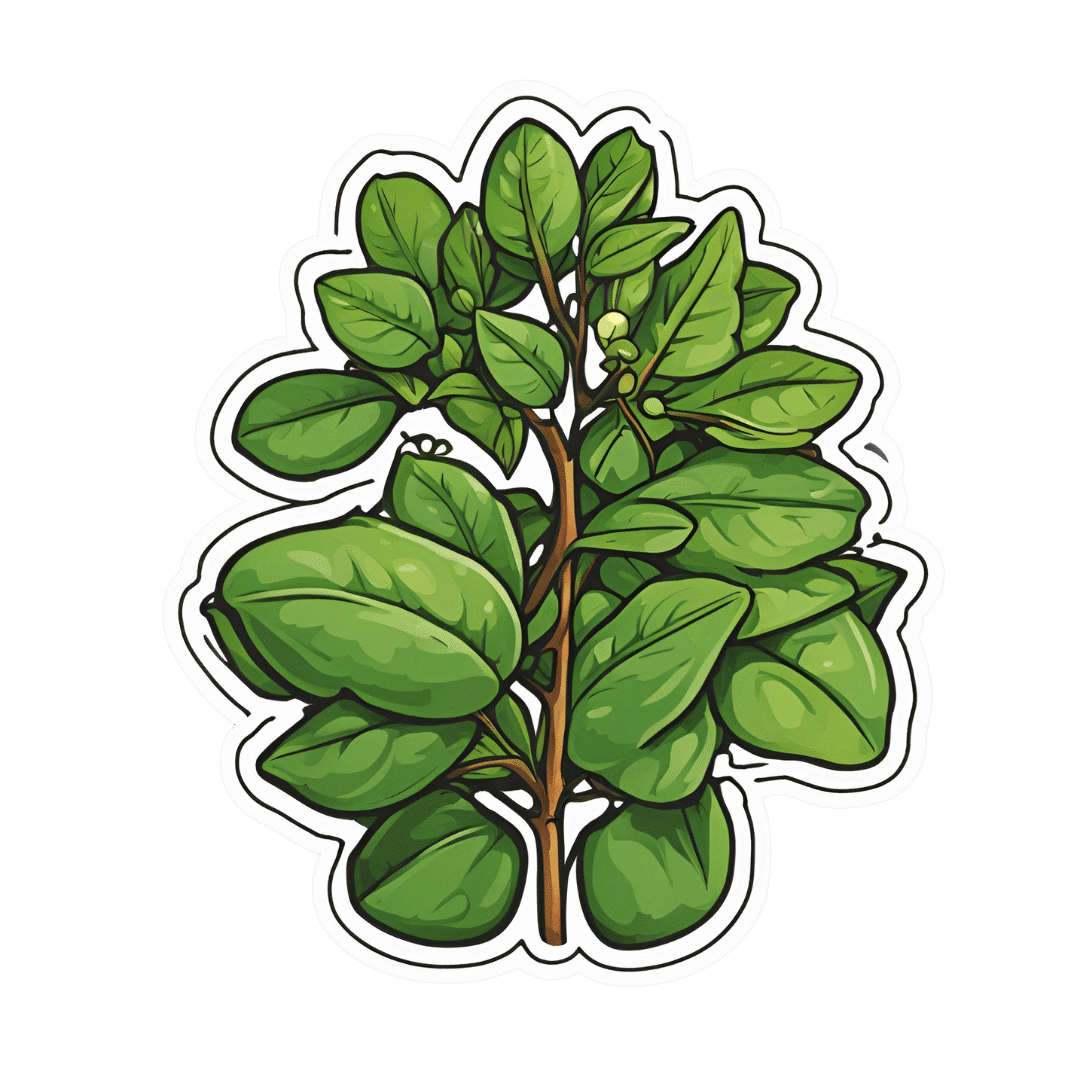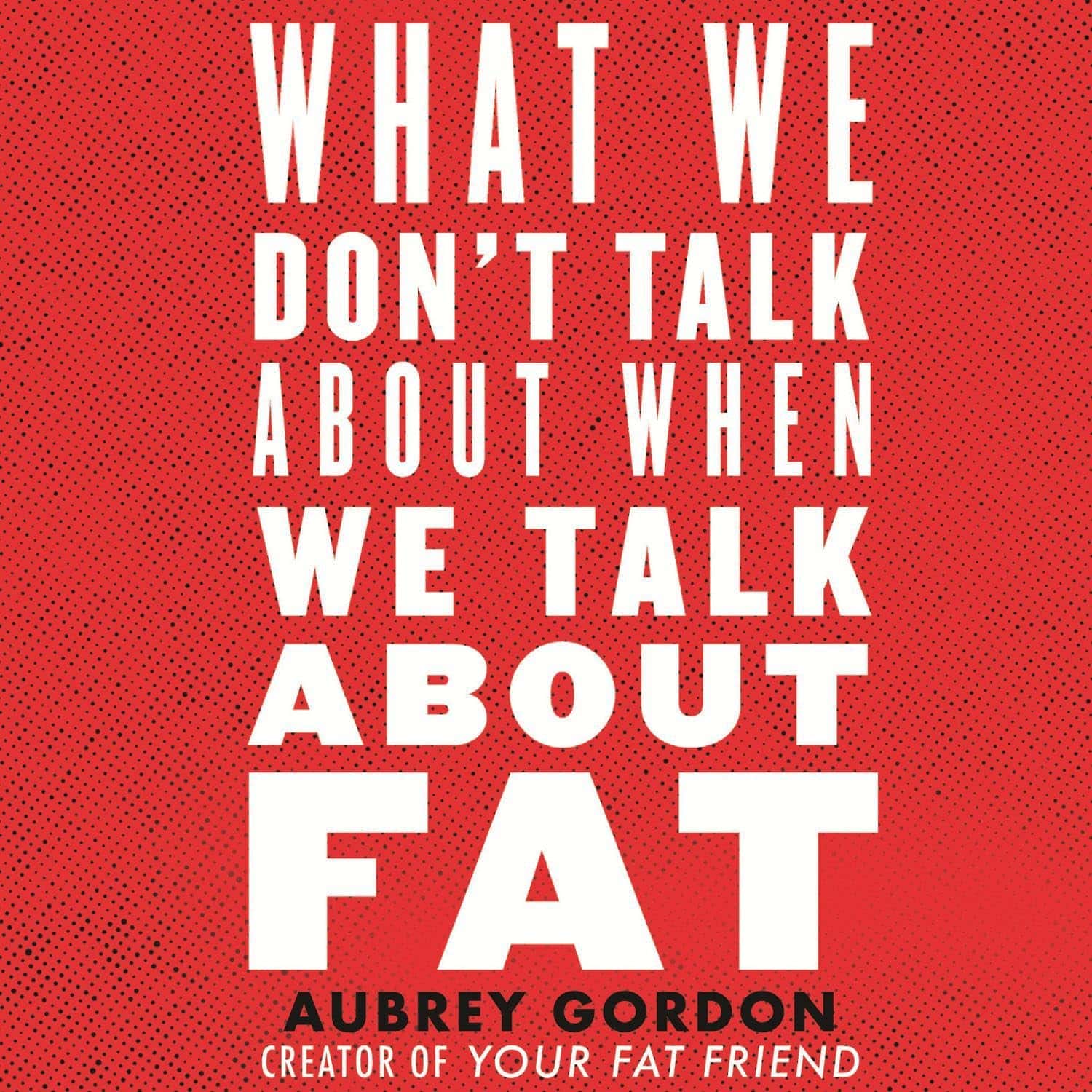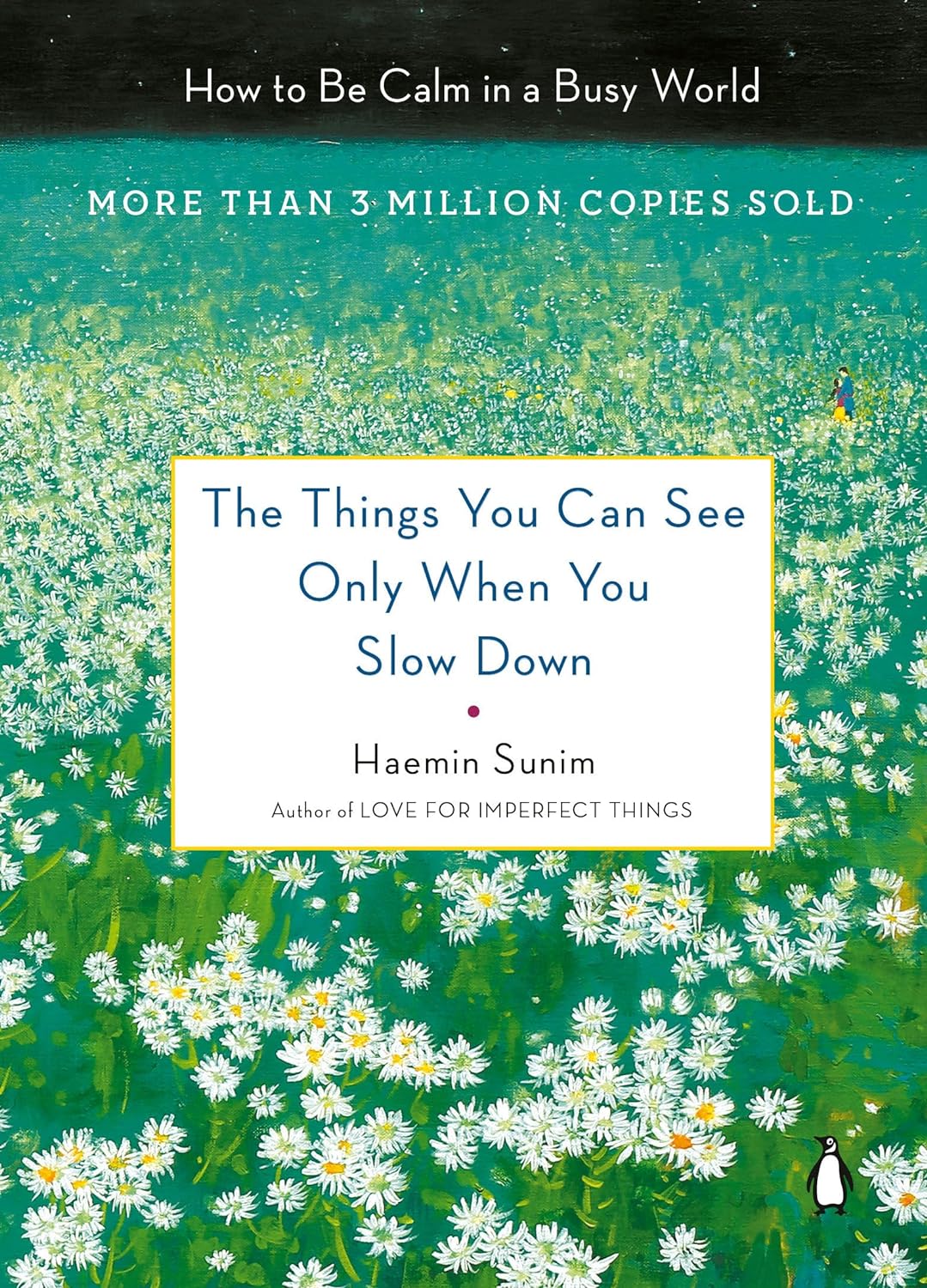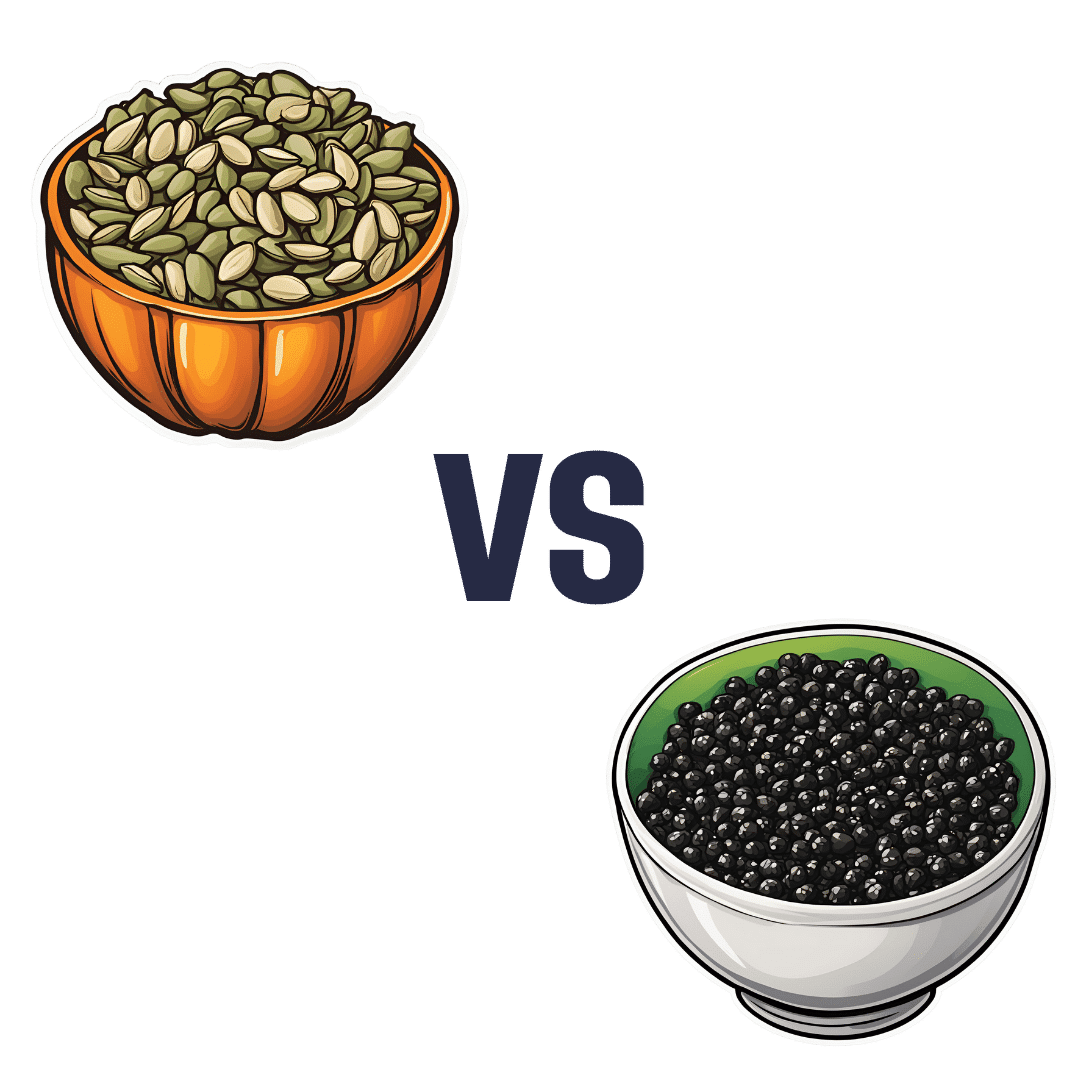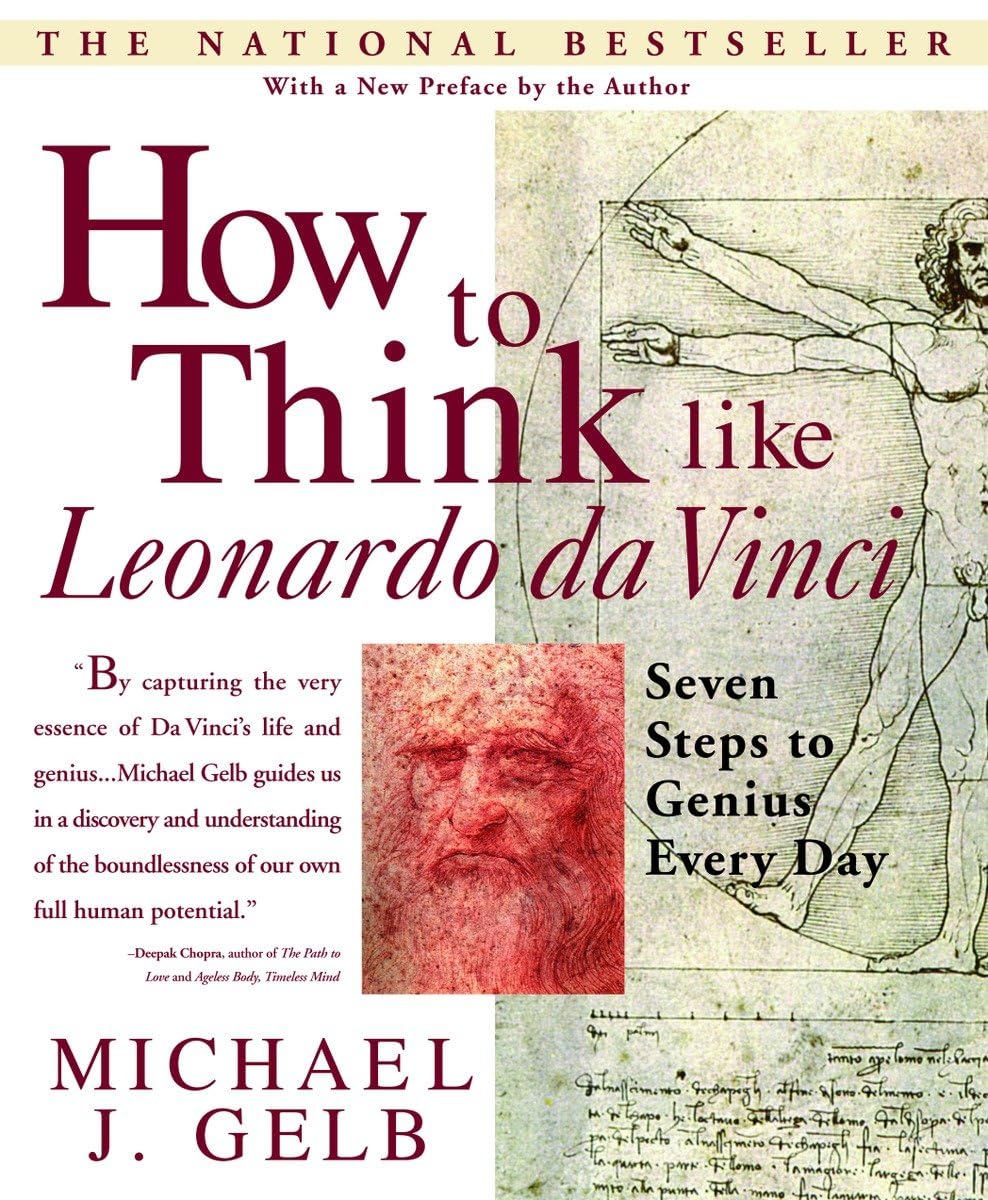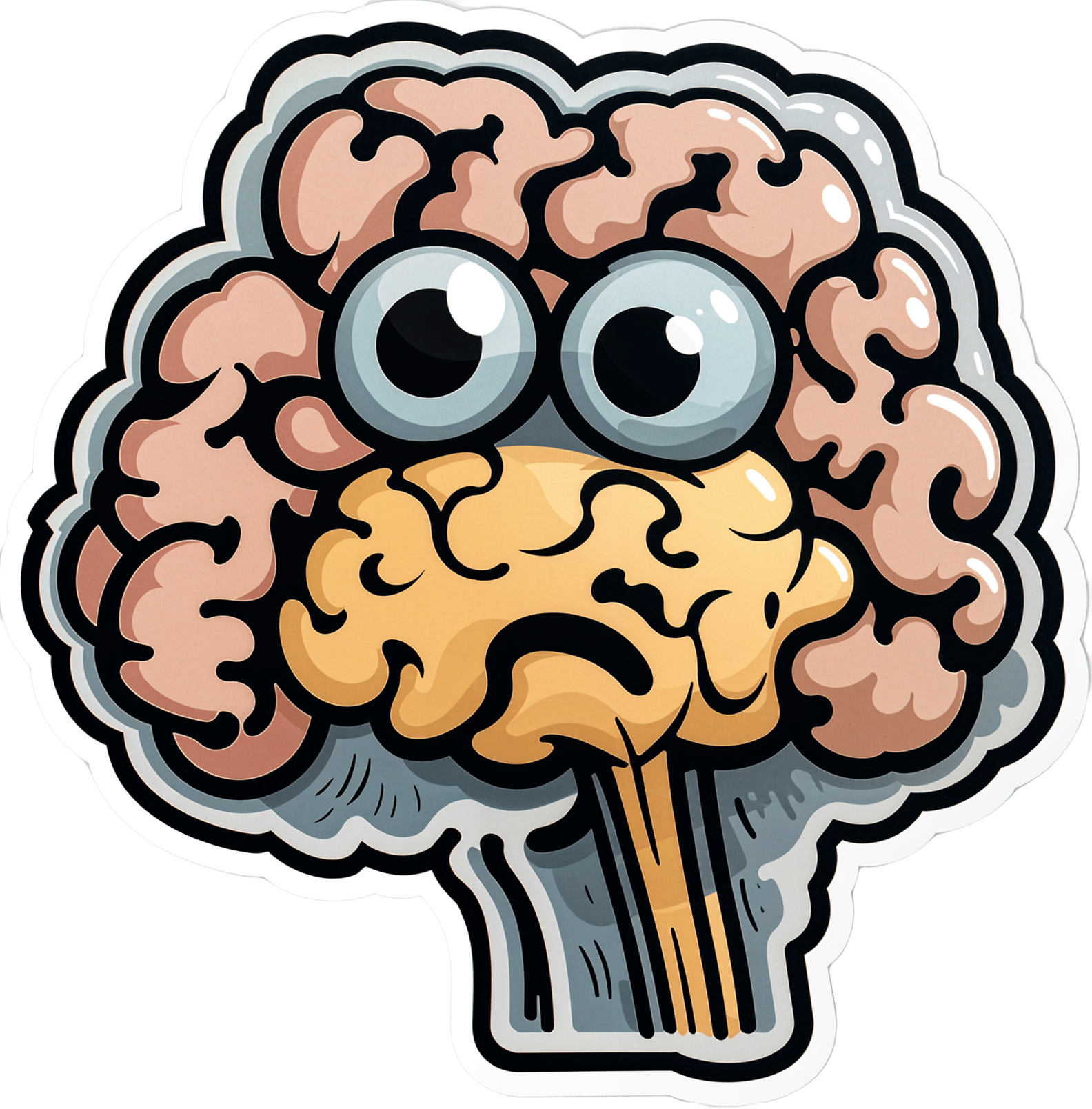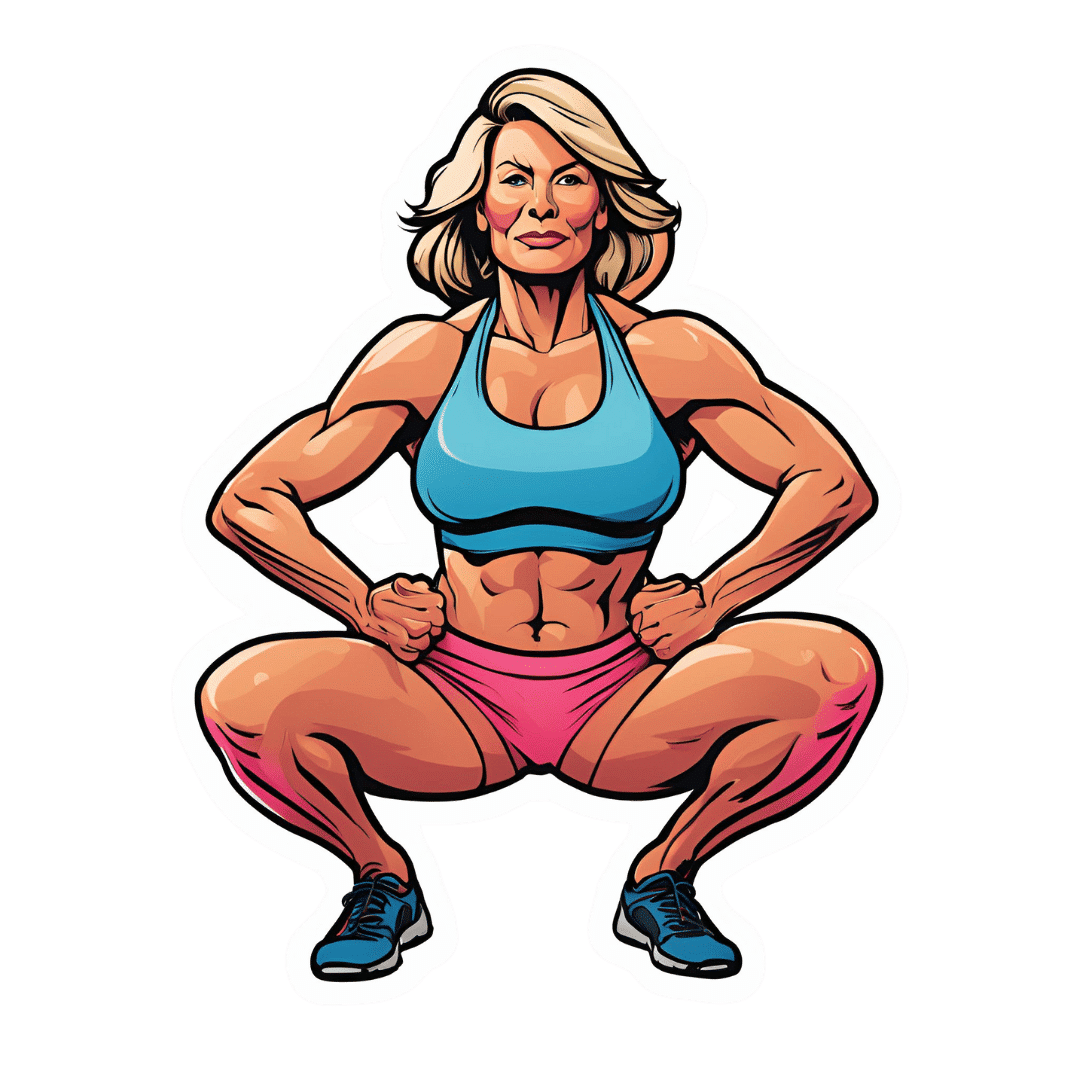
No Equipment Muscle Gain Routine for Ages 50+
10almonds is reader-supported. We may, at no cost to you, receive a portion of sales if you purchase a product through a link in this article.
Sarcopenia, the loss of muscle mass commonly associated with aging, can be a big problem as it leaves us vulnerable to injury (and also isn’t great for the metabolism—keeping adequate muscle mass ensures keeping the metabolism ticking over nicely). Will Harlow, over-50s specialist physiotherapist, is here to share a routine that works without weights:
Where it counts
There’s a fair amount of emphasis here on the lower body and core. That’s because in practical terms, this is what matters more for our health than having bulging biceps:
- First exercise: donkey calf raises to build strength in the calves using a chair.
- Second exercise: single-leg elevated lunge to work the quads and glutes, using a step or books for elevation.
- Third exercise: slow sit-to-stand for quads, glutes, and core strength, focusing on a slow descent.
- Fourth exercise: wall press-up to strengthen the chest, shoulders, and arms, with a variation using towels for increased resistance.
- Final exercise: shoulder raises using bottles or similar weights to target the shoulders and rotator cuffs.
Ok, so that last one was a slight cheat on his part as it does require grabbing a weight, but it’s not specialist equipment at least, and can just be something you grabbed at home. It’s also the least important of the five exercises, and can be skipped if necessary.
For more on all of these plus visual demonstrations, enjoy:
Click Here If The Embedded Video Doesn’t Load Automatically!
Want to learn more?
You might also like to read:
Take care!
Don’t Forget…
Did you arrive here from our newsletter? Don’t forget to return to the email to continue learning!
Recommended
Learn to Age Gracefully
Join the 98k+ American women taking control of their health & aging with our 100% free (and fun!) daily emails:
-
Gymnema Sylvestre: The “Sugar Destroyer”
10almonds is reader-supported. We may, at no cost to you, receive a portion of sales if you purchase a product through a link in this article.
The Leaf That Stops Sugar From “Working”
Gymnema sylvestre, whose botanical name in Greek and Latin means “naked thread of the woods”, and is in various Indian languages referred to be names that translate as “sugar destroyer”, has the most prosaic name in Australia: the Australian cowplant.
In English it’s mostly called by the Greek “gymnema” though, so that’s what we’ll call it here.
You may be wondering: “the sugar destroyer?”
And no, it doesn’t actually destroy sugar. But it does do quite a bit of sugar-related stuff. Here’s the science for it…
Blocks sugar receptors in your tongue
This is what it is most well-known for, and it is a topical effect, so you won’t get this from a pill, but you will get this from the leaves, or from drinking it as a tea made from the leaves.
The effect last several hours, during which time your ability to taste sweetness will be reduced, which not only makes sweet foods less appealing because they’re no longer tasting sweet, but also, once you get used to it, when you actually do taste sweet foods, they will now taste too sweet.
So, it doesn’t just temporarily curb cravings; it offers a long-term escape from such, too.
You may be wondering: “what about artificially sweetened foods and drinks?”
And the answer is: yes, it blocks perception of the sweetness of those too:
Effects of sweetness perception and caloric value of a preload on short term intake ← this study used gymnema as the sweetness-blocker, testing sugary drinks, aspartame-sweetened drinks, and unsweetened drinks
Blocks sugar receptors in the gut, too
Long story short: this slows down the absorption of sugars from the gut, thus resulting in a gentler blood sugar curve, minimizing spikes, and (because of the body’s use of blood sugars as it goes) overall lower blood sugar levels.
Want the long version? Here it is:
Benefits beyond sugar-blocking
It also prevents the accumulation of triglycerides in muscles and the liver, as well as decreasing fatty acid accumulation in the blood. In simpler terms: it lowers LDL (“bad” cholesterol”, including VLDL). As a bonus, it increases HDL (“good” cholesterol) while it’s at it.
The vast majority of the studies for this are on rats and mice though, of which you can see very many listed in the “similar articles” under this systematic review of studies:
A systematic review of Gymnema sylvestre in obesity and diabetes management
We did find one good quality human RCT, testing gymnema along with several other treatments (they found that each worked, and/but using a combination yielded the best results):
(the title says “on weight loss”, but rest assured the study also gives information about its effects on total cholesterol, LDL, HDL, overall triglycerides, and serum leptin levels, as well as excretion of urinary fat metabolites—suffice it to say, they were thorough)
Is it safe?
It has a good safety profile in general, but if you are diabetic, proceed with caution and discuss it with your endocrinologist, since it will be affecting your blood sugar levels and insulin levels. While it’s probably not enough to replace metformin or similar, it is enough that taking it carelessly could result in an unexpected hypo.
Similarly, if you have any heart condition and especially if you are being treated for that with medication, do speak with your cardiologist since its antilipemic action could potentially lower your cholesterol more than expected, and doctors don’t like surprises.
As ever, no list of contraindications will be exhaustive, and we can’t speak for your specific situation, so checking with your pharmacist/doctor is always a good idea.
Want to try some?
We don’t sell it, but here for your convenience is an example product on Amazon ← we’ve linked to a tea version of it so you can enjoy the full effects; if you prefer capsule form, you can click through from there to shop around 😎
Enjoy!
Share This Post
-
What We Don’t Talk About When We Talk About Fat – by Aubrey Gordon
10almonds is reader-supported. We may, at no cost to you, receive a portion of sales if you purchase a product through a link in this article.
There are books aplenty to encourage and help you to lose weight. This isn’t one of those.
There are also books aplenty to encourage and help you to accept yourself and your body at the weight you are, and forge self-esteem. This isn’t one of those, either—in fact, it starts by assuming you already have that.
There are fair arguments for body neutrality, and fat acceptance. Very worthy also is the constant fight for bodily sovereignty.
These are worthy causes, but they’re for the most-part not what our author concerns herself with here. Instead, she cares for a different and very practical goal: fat justice.
In a world where you may be turned away from medical treatment if you are over a certain size, told to lose half your bodyweight before you can have something you need, she demands better. The battle extends further than healthcare though, and indeed to all areas of life.
Ultimately, she argues, any society that will disregard the needs of the few because they’re a marginal demographic, is a society that will absolutely fail you if you ever differ from the norm in some way.
All in all, an important (and for many, perhaps eye-opening) book to read if you are fat, care about fat people, are a person of any size, or care about people in general.
Pick Up Your Copy of “What We Don’t Talk About When We Talk About Fat”, on Amazon Today!
Share This Post
-
The Things You Can See Only When You Slow Down – by Haemin Sunim
10almonds is reader-supported. We may, at no cost to you, receive a portion of sales if you purchase a product through a link in this article.
First, what this one’s not about: noticing raindrops on roses and whiskers on kittens.
That’s great too, though. This writer particularly loves the cute faces of baby jumping spiders. Sounds unlikely, but have you seen them?
What it’s rather about: noticing what’s between your ears, and paying closer attention to that, so that we can go about our business more mindfully.
This is, fundamentally, a book about living a happier life, whatever the potentially crazy circumstances of the hustle and bustle around us. Not because of disinterest; quite the opposite. Sunim bids us ask the question of ourselves, what are we really doing and why?
The writing style is very light and easy, while being heavy-hitting in terms of the ideas it brings. Little wonder that this one is so highly-rated on Amazon, with more than 5,000 ratings.
Bottom line: if sometimes you feel like the world is a little hectic and all that is around you is out of your control, this is a great book for you.
Share This Post
Related Posts
-
Pumpkin Seeds vs Watermelon Seeds – Which is Healthier?
10almonds is reader-supported. We may, at no cost to you, receive a portion of sales if you purchase a product through a link in this article.
Our Verdict
When comparing pumpkin seeds to watermelon seeds, we picked the watermelon.
Why?
Starting with the macros: pumpkin seeds have a lot more carbs, while watermelon seeds have a lot more protein, despite pumpkin seeds being famous for such. They’re about equal on fiber. In terms of fats, watermelon seeds are higher in fats, and yes, these are healthy fats, mostly polyunsaturated.
When it comes to vitamins, pumpkin seeds are marginally higher in vitamins A and C, while watermelon seeds are a lot higher in vitamins B1, B2, B3, B5, B6, and B9. An easy win for watermelon seeds here.
In the category of minerals, despite being famous for zinc, pumpkin seeds are higher only in potassium, while watermelon seeds are higher in iron, magnesium, manganese, and phosphorus; the two seeds are equal on calcium, copper, and zinc. Another win for watermelon seeds.
In short, enjoy both, but watermelon has more to offer. Of course, if buying just the seeds and not the whole fruit, it’s generally easier to find pumpkin seeds than watermelon seeds, so do bear in mind that pumpkin seeds’ second place isn’t that bad here—it’s just a case of a very nutritious food looking bad by standing next to an even better one.
Want to learn more?
You might like to read:
Seed Saving Secrets – by Alice Mirren
Take care!
Don’t Forget…
Did you arrive here from our newsletter? Don’t forget to return to the email to continue learning!
Learn to Age Gracefully
Join the 98k+ American women taking control of their health & aging with our 100% free (and fun!) daily emails:
-
How to Think Like Leonardo da Vinci – by Michael J. Gelb
10almonds is reader-supported. We may, at no cost to you, receive a portion of sales if you purchase a product through a link in this article.
Authors often try to bring forward the best minds of the distant past, and apply them to today’s world. One could fill a library with business advice adaptations from Sun Tzu’s Art of War alone, same goes for Miyamoto Musashi’s Book of Five Rings, and let’s not get started on Niccolò Machiavelli. What makes this book different?
Michael Gelb explores the principles codified and used by the infamous Renaissance Man to do exactly what he did: pretty much everything. Miyamoto Musashi had no interest in business, but Leonardo da Vinci really did care a lot about learning, creating, problem-solving, human connections, and much more. And best of all, he took notes. So many notes, for himself, of which we now enjoy the benefit.
How To Think Like Leonardo da Vinci explores these notes and their application by the man himself, and gives real, practical examples of how you can (and why you should) put them into action in your daily life, no matter whether you are a big business CEO or a local line cook or a reclusive academic, Leonardo has lessons for you.
Don’t Forget…
Did you arrive here from our newsletter? Don’t forget to return to the email to continue learning!
Learn to Age Gracefully
Join the 98k+ American women taking control of their health & aging with our 100% free (and fun!) daily emails:
-
Federal Panel Prescribes New Mental Health Strategy To Curb Maternal Deaths
10almonds is reader-supported. We may, at no cost to you, receive a portion of sales if you purchase a product through a link in this article.
BRIDGEPORT, Conn. — Milagros Aquino was trying to find a new place to live and had been struggling to get used to new foods after she moved to Bridgeport from Peru with her husband and young son in 2023.
When Aquino, now 31, got pregnant in May 2023, “instantly everything got so much worse than before,” she said. “I was so sad and lying in bed all day. I was really lost and just surviving.”
Aquino has lots of company.
Perinatal depression affects as many as 20% of women in the United States during pregnancy, the postpartum period, or both, according to studies. In some states, anxiety or depression afflicts nearly a quarter of new mothers or pregnant women.
Many women in the U.S. go untreated because there is no widely deployed system to screen for mental illness in mothers, despite widespread recommendations to do so. Experts say the lack of screening has driven higher rates of mental illness, suicide, and drug overdoses that are now the leading causes of death in the first year after a woman gives birth.
“This is a systemic issue, a medical issue, and a human rights issue,” said Lindsay R. Standeven, a perinatal psychiatrist and the clinical and education director of the Johns Hopkins Reproductive Mental Health Center.
Standeven said the root causes of the problem include racial and socioeconomic disparities in maternal care and a lack of support systems for new mothers. She also pointed a finger at a shortage of mental health professionals, insufficient maternal mental health training for providers, and insufficient reimbursement for mental health services. Finally, Standeven said, the problem is exacerbated by the absence of national maternity leave policies, and the access to weapons.
Those factors helped drive a 105% increase in postpartum depression from 2010 to 2021, according to the American Journal of Obstetrics & Gynecology.
For Aquino, it wasn’t until the last weeks of her pregnancy, when she signed up for acupuncture to relieve her stress, that a social worker helped her get care through the Emme Coalition, which connects girls and women with financial help, mental health counseling services, and other resources.
Mothers diagnosed with perinatal depression or anxiety during or after pregnancy are at about three times the risk of suicidal behavior and six times the risk of suicide compared with mothers without a mood disorder, according to recent U.S. and international studies in JAMA Network Open and The BMJ.
The toll of the maternal mental health crisis is particularly acute in rural communities that have become maternity care deserts, as small hospitals close their labor and delivery units because of plummeting birth rates, or because of financial or staffing issues.
This week, the Maternal Mental Health Task Force — co-led by the Office on Women’s Health and the Substance Abuse and Mental Health Services Administration and formed in September to respond to the problem — recommended creating maternity care centers that could serve as hubs of integrated care and birthing facilities by building upon the services and personnel already in communities.
The task force will soon determine what portions of the plan will require congressional action and funding to implement and what will be “low-hanging fruit,” said Joy Burkhard, a member of the task force and the executive director of the nonprofit Policy Center for Maternal Mental Health.
Burkhard said equitable access to care is essential. The task force recommended that federal officials identify areas where maternity centers should be placed based on data identifying the underserved. “Rural America,” she said, “is first and foremost.”
There are shortages of care in “unlikely areas,” including Los Angeles County, where some maternity wards have recently closed, said Burkhard. Urban areas that are underserved would also be eligible to get the new centers.
“All that mothers are asking for is maternity care that makes sense. Right now, none of that exists,” she said.
Several pilot programs are designed to help struggling mothers by training and equipping midwives and doulas, people who provide guidance and support to the mothers of newborns.
In Montana, rates of maternal depression before, during, and after pregnancy are higher than the national average. From 2017 to 2020, approximately 15% of mothers experienced postpartum depression and 27% experienced perinatal depression, according to the Montana Pregnancy Risk Assessment Monitoring System. The state had the sixth-highest maternal mortality rate in the country in 2019, when it received a federal grant to begin training doulas.
To date, the program has trained 108 doulas, many of whom are Native American. Native Americans make up 6.6% of Montana’s population. Indigenous people, particularly those in rural areas, have twice the national rate of severe maternal morbidity and mortality compared with white women, according to a study in Obstetrics and Gynecology.
Stephanie Fitch, grant manager at Montana Obstetrics & Maternal Support at Billings Clinic, said training doulas “has the potential to counter systemic barriers that disproportionately impact our tribal communities and improve overall community health.”
Twelve states and Washington, D.C., have Medicaid coverage for doula care, according to the National Health Law Program. They are California, Florida, Maryland, Massachusetts, Michigan, Minnesota, Nevada, New Jersey, Oklahoma, Oregon, Rhode Island, and Virginia. Medicaid pays for about 41% of births in the U.S., according to the Centers for Disease Control and Prevention.
Jacqueline Carrizo, a doula assigned to Aquino through the Emme Coalition, played an important role in Aquino’s recovery. Aquino said she couldn’t have imagined going through such a “dark time alone.” With Carrizo’s support, “I could make it,” she said.
Genetic and environmental factors, or a past mental health disorder, can increase the risk of depression or anxiety during pregnancy. But mood disorders can happen to anyone.
Teresa Martinez, 30, of Price, Utah, had struggled with anxiety and infertility for years before she conceived her first child. The joy and relief of giving birth to her son in 2012 were short-lived.
Without warning, “a dark cloud came over me,” she said.
Martinez was afraid to tell her husband. “As a woman, you feel so much pressure and you don’t want that stigma of not being a good mom,” she said.
In recent years, programs around the country have started to help doctors recognize mothers’ mood disorders and learn how to help them before any harm is done.
One of the most successful is the Massachusetts Child Psychiatry Access Program for Moms, which began a decade ago and has since spread to 29 states. The program, supported by federal and state funding, provides tools and training for physicians and other providers to screen and identify disorders, triage patients, and offer treatment options.
But the expansion of maternal mental health programs is taking place amid sparse resources in much of rural America. Many programs across the country have run out of money.
The federal task force proposed that Congress fund and create consultation programs similar to the one in Massachusetts, but not to replace the ones already in place, said Burkhard.
In April, Missouri became the latest state to adopt the Massachusetts model. Women on Medicaid in Missouri are 10 times as likely to die within one year of pregnancy as those with private insurance. From 2018 through 2020, an average of 70 Missouri women died each year while pregnant or within one year of giving birth, according to state government statistics.
Wendy Ell, executive director of the Maternal Health Access Project in Missouri, called her service a “lifesaving resource” that is free and easy to access for any health care provider in the state who sees patients in the perinatal period.
About 50 health care providers have signed up for Ell’s program since it began. Within 30 minutes of a request, the providers can consult over the phone with one of three perinatal psychiatrists. But while the doctors can get help from the psychiatrists, mental health resources for patients are not as readily available.
The task force called for federal funding to train more mental health providers and place them in high-need areas like Missouri. The task force also recommended training and certifying a more diverse workforce of community mental health workers, patient navigators, doulas, and peer support specialists in areas where they are most needed.
A new voluntary curriculum in reproductive psychiatry is designed to help psychiatry residents, fellows, and mental health practitioners who may have little or no training or education about the management of psychiatric illness in the perinatal period. A small study found that the curriculum significantly improved psychiatrists’ ability to treat perinatal women with mental illness, said Standeven, who contributed to the training program and is one of the study’s authors.
Nancy Byatt, a perinatal psychiatrist at the University of Massachusetts Chan School of Medicine who led the launch of the Massachusetts Child Psychiatry Access Program for Moms in 2014, said there is still a lot of work to do.
“I think that the most important thing is that we have made a lot of progress and, in that sense, I am kind of hopeful,” Byatt said.
Cheryl Platzman Weinstock’s reporting is supported by a grant from the National Institute for Health Care Management Foundation.
KFF Health News is a national newsroom that produces in-depth journalism about health issues and is one of the core operating programs at KFF—an independent source of health policy research, polling, and journalism. Learn more about KFF.
Subscribe to KFF Health News’ free Morning Briefing.
Don’t Forget…
Did you arrive here from our newsletter? Don’t forget to return to the email to continue learning!
Learn to Age Gracefully
Join the 98k+ American women taking control of their health & aging with our 100% free (and fun!) daily emails:

